Ludwigshafen University of Applied Sciences
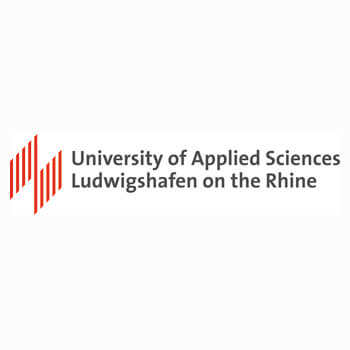
Founded: 1996
Address: Ernst-Boehe-Str. 4 - Ludwigshafen, Germany
Phone: +49 621 52030
Address: Ernst-Boehe-Str. 4 - Ludwigshafen, Germany
Phone: +49 621 52030
Here you find out Ludwigshafen University of Applied Sciences complete information about fees, location, degree Ludwigshafen University of Applied Sciences offers, number, website, and much more. Ludwigshafen University of Applied Sciences is a leading university in Ludwigshafen - Germany.
You can also find out jobs at Ludwigshafen University of Applied Sciences for students, teachers, and professors. We also update the database for an internship at Ludwigshafen University of Applied Sciences for students.
The University of Applied Sciences Ludwigshafen am Rhein is in competition for new students, academics, and private resources—as is true of all institutions of higher learning. From the point of view of university politics, this competition is both advocated for and desired. Even though the University of Applied Sciences Ludwigshafen has its main campus in the metropolitan Rhein-Neckar region..., competition takes place within a national and an increasingly international framework. At the same time, financing through regular public expenditure budgets is not adequately adjusted for the ever-increasing number of students. Instead, special funds (such as, for example, those from the Hochschulpakt [University Pact]), are used to respond to development. As a result, even medium-range financial planning has become more difficult, among other consequences. At the same time, though, the University of Applied Sciences Ludwigshafen is one of the first universities in Rheinland-Pfalz that has clearly exceeded the budgetary targets as defined by the Hochschulpakt. The reforms initiated by the Bologna Process will continue to pose considerable challenges to institutions of higher learning in the future.
The University of Applied Sciences Ludwighafen was the first in Rheinland-Pfalz to complete the first stage of the Bologna Process: modularizing academic programs of study and implementing a two-tiered system of Bachelor’s and Master’s degrees. The first modularized degree programs have even already been successfully reaccredited. For stages two and three, the University of Applied Sciences Ludwigshafen now faces the task of further developing the linkage between research and teaching—and externally documenting it. It must also develop and implement programs to train Ph.D. students in cooperation with both German and foreign universities.
At the national level, a dramatic demographic trend is unfolding. It is estimated that the number of students, both nationally and at the state level, will markedly climb until 2014, and will sharply drop off after 2020. The number of students in Rheinland-Pfalz, however, has continually grown—particularly at universities of applied sciences. In order to prepare for this emerging development, the national government and the federal states together have enacted Hochschulpakt 2020, under which there will be an expansion of program offerings and a strong increase in demand for the University of Applied Sciences Ludwigshafen. Middle and long-term developments in the number of students are, nevertheless, only partially dependent on demographic factors. In addition to the effects of the age cohorts with a high birth rate and the double high school graduating class (which resulted from shortening the required time to graduation from college-preparatory German high schools), students are also increasingly willing to pursue university-level studies. This, too, plays an important role.
These demand-promoting effects are intensified by increased transparency of academic training and educational systems resulting from reforms in university admissions. Accordingly, the scope of target groups has been expanded, which has entailed tightening up requirements for study conditions and qualification to study.
Additional factors that also have an effect on the long-term development of student numbers are, for example, the necessity and the concurrent social desire for the “academization” of education in the so-called semi-professions—in the areas of nursing, health, and elementary pedagogy, for instance. These efforts to become “more academic” open up possibilities for new programs of study and new target groups. It is also expected that because of a longer working life, the significance of lifelong learning will increase—which in turn will raise the demand for further academic training. In view of these demographic developments, an increase in demand in the service and healthcare sectors, above all, is emerging. In particular, this concerns inpatient and outpatient care of the elderly, especially those with dementia.
The University of Applied Sciences Ludwigshafen am Rhein is now in the third stage of the Bologna Process: the connection of European higher education and research through doctoral programs. This has become of central importance. In this stage, independent research is expected to take two forms. Generally, this means that in applied research, theoretical knowledge from different sources is used to solve concrete, real-world problems by means of interesting and useful hypotheses that describe, predict, and when applicable, influence and empirically verify.
Basic research, on the other hand, develops theories used to expand existing theoretical knowledge. Thus, basic research is the foundation of applied research (Raab, Unger & Unger 2008). Knowledge from the applied sciences is then transferred to professional practice for the purpose of solving real-life problems by incorporating business experience (professional practice and theory transfer).
International students shape the spirit of a university. They enrich interaction and academic life. The presence of foreign students is evidence of trust in our educational system and its quality. A decline in the academic success rate of foreign students demands better academic and social support—not the gratification that individuals who grew up in other academic systems cannot meet the requirements of our degree programs. Foreign students’ willingness and motivation to achieve goes up when they feel that they are welcome and that they are in good hands at the university. The quality of prospective foreign students is verified in advance with a reliable assessment test. Preparatory courses for potential foreign students in languages and academic subjects should be a strong component of our service and support concept.
University departments assist foreign students both during the semester and during examination periods to help them successfully complete their degrees. Offering well-balanced and regular courses in English at the Bachelor and Master levels ensures the international desirability of an education at the University of Applied Sciences Ludwigshafen.
The research efforts of the University of Applied Sciences Ludwighafen are embedded in its internationalization strategy. For one, this happens by using our research projects to create a visible profile of our university on the international scene. Furthermore, we carry out specific cooperative research programs with foreign universities.
Using resources to create synergies between the areas of international affairs and research stands at the forefront, as is clearly expressed by this research profile. University-wide research projects showcase excellent cooperative approaches with rigorous foreign partner universities. In practice, this means that internationalizing research and establishing research programs serve to internationalize institutions of higher learning.
You can also find out jobs at Ludwigshafen University of Applied Sciences for students, teachers, and professors. We also update the database for an internship at Ludwigshafen University of Applied Sciences for students.
The University of Applied Sciences Ludwigshafen am Rhein is in competition for new students, academics, and private resources—as is true of all institutions of higher learning. From the point of view of university politics, this competition is both advocated for and desired. Even though the University of Applied Sciences Ludwigshafen has its main campus in the metropolitan Rhein-Neckar region..., competition takes place within a national and an increasingly international framework. At the same time, financing through regular public expenditure budgets is not adequately adjusted for the ever-increasing number of students. Instead, special funds (such as, for example, those from the Hochschulpakt [University Pact]), are used to respond to development. As a result, even medium-range financial planning has become more difficult, among other consequences. At the same time, though, the University of Applied Sciences Ludwigshafen is one of the first universities in Rheinland-Pfalz that has clearly exceeded the budgetary targets as defined by the Hochschulpakt. The reforms initiated by the Bologna Process will continue to pose considerable challenges to institutions of higher learning in the future.
The University of Applied Sciences Ludwighafen was the first in Rheinland-Pfalz to complete the first stage of the Bologna Process: modularizing academic programs of study and implementing a two-tiered system of Bachelor’s and Master’s degrees. The first modularized degree programs have even already been successfully reaccredited. For stages two and three, the University of Applied Sciences Ludwigshafen now faces the task of further developing the linkage between research and teaching—and externally documenting it. It must also develop and implement programs to train Ph.D. students in cooperation with both German and foreign universities.
At the national level, a dramatic demographic trend is unfolding. It is estimated that the number of students, both nationally and at the state level, will markedly climb until 2014, and will sharply drop off after 2020. The number of students in Rheinland-Pfalz, however, has continually grown—particularly at universities of applied sciences. In order to prepare for this emerging development, the national government and the federal states together have enacted Hochschulpakt 2020, under which there will be an expansion of program offerings and a strong increase in demand for the University of Applied Sciences Ludwigshafen. Middle and long-term developments in the number of students are, nevertheless, only partially dependent on demographic factors. In addition to the effects of the age cohorts with a high birth rate and the double high school graduating class (which resulted from shortening the required time to graduation from college-preparatory German high schools), students are also increasingly willing to pursue university-level studies. This, too, plays an important role.
These demand-promoting effects are intensified by increased transparency of academic training and educational systems resulting from reforms in university admissions. Accordingly, the scope of target groups has been expanded, which has entailed tightening up requirements for study conditions and qualification to study.
Additional factors that also have an effect on the long-term development of student numbers are, for example, the necessity and the concurrent social desire for the “academization” of education in the so-called semi-professions—in the areas of nursing, health, and elementary pedagogy, for instance. These efforts to become “more academic” open up possibilities for new programs of study and new target groups. It is also expected that because of a longer working life, the significance of lifelong learning will increase—which in turn will raise the demand for further academic training. In view of these demographic developments, an increase in demand in the service and healthcare sectors, above all, is emerging. In particular, this concerns inpatient and outpatient care of the elderly, especially those with dementia.
The University of Applied Sciences Ludwigshafen am Rhein is now in the third stage of the Bologna Process: the connection of European higher education and research through doctoral programs. This has become of central importance. In this stage, independent research is expected to take two forms. Generally, this means that in applied research, theoretical knowledge from different sources is used to solve concrete, real-world problems by means of interesting and useful hypotheses that describe, predict, and when applicable, influence and empirically verify.
Basic research, on the other hand, develops theories used to expand existing theoretical knowledge. Thus, basic research is the foundation of applied research (Raab, Unger & Unger 2008). Knowledge from the applied sciences is then transferred to professional practice for the purpose of solving real-life problems by incorporating business experience (professional practice and theory transfer).
International students shape the spirit of a university. They enrich interaction and academic life. The presence of foreign students is evidence of trust in our educational system and its quality. A decline in the academic success rate of foreign students demands better academic and social support—not the gratification that individuals who grew up in other academic systems cannot meet the requirements of our degree programs. Foreign students’ willingness and motivation to achieve goes up when they feel that they are welcome and that they are in good hands at the university. The quality of prospective foreign students is verified in advance with a reliable assessment test. Preparatory courses for potential foreign students in languages and academic subjects should be a strong component of our service and support concept.
University departments assist foreign students both during the semester and during examination periods to help them successfully complete their degrees. Offering well-balanced and regular courses in English at the Bachelor and Master levels ensures the international desirability of an education at the University of Applied Sciences Ludwigshafen.
The research efforts of the University of Applied Sciences Ludwighafen are embedded in its internationalization strategy. For one, this happens by using our research projects to create a visible profile of our university on the international scene. Furthermore, we carry out specific cooperative research programs with foreign universities.
Using resources to create synergies between the areas of international affairs and research stands at the forefront, as is clearly expressed by this research profile. University-wide research projects showcase excellent cooperative approaches with rigorous foreign partner universities. In practice, this means that internationalizing research and establishing research programs serve to internationalize institutions of higher learning.
Read More
Details:
LeaderShip: President: Professor Dr. Peter Mudra
Fees:
Time:
Phone Number: +49 621 52030
City: Ludwigshafen
Fees:
Time:
Phone Number: +49 621 52030
City: Ludwigshafen
Timing:
Country: Germany
Staff:
Website: http://www.hs-lu.de
Country: Germany
Staff:
Website: http://www.hs-lu.de
Subjects:
Video:
Jobs in Ludwigshafen University of Applied Sciences
Currently, there is no job opening in Ludwigshafen University of Applied Sciences as per our database.

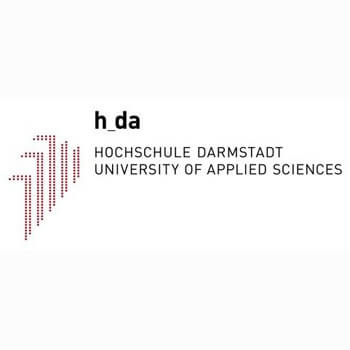
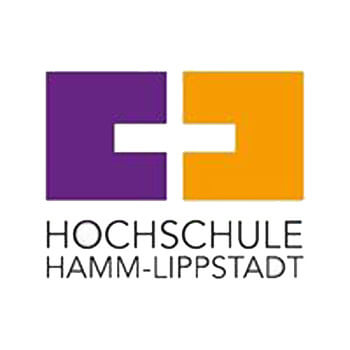
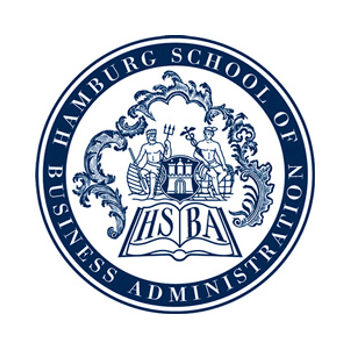
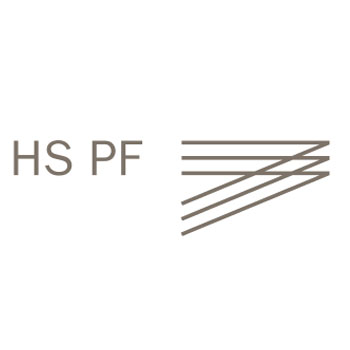
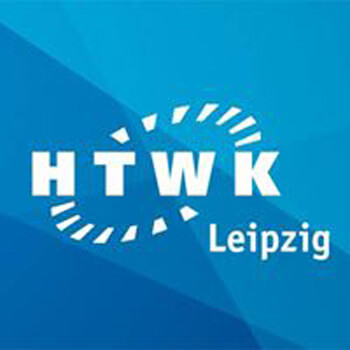


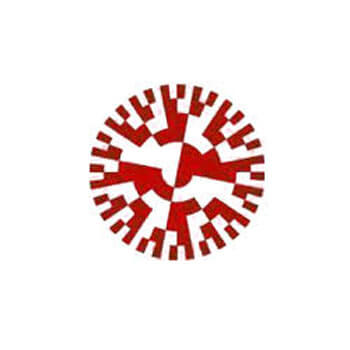




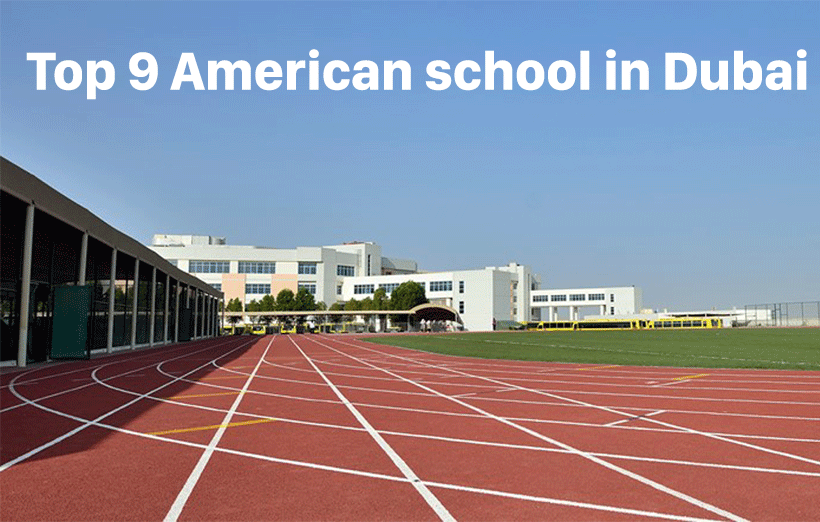




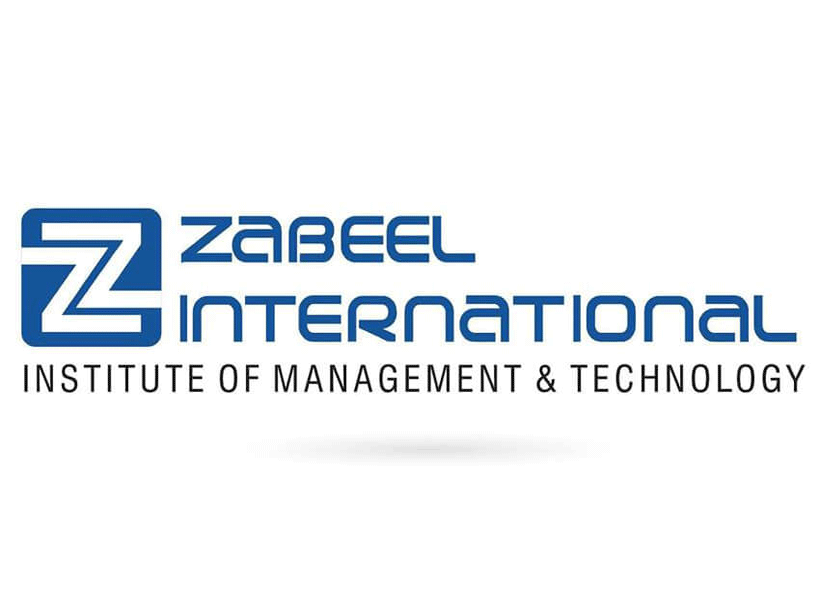
Leave a Reply